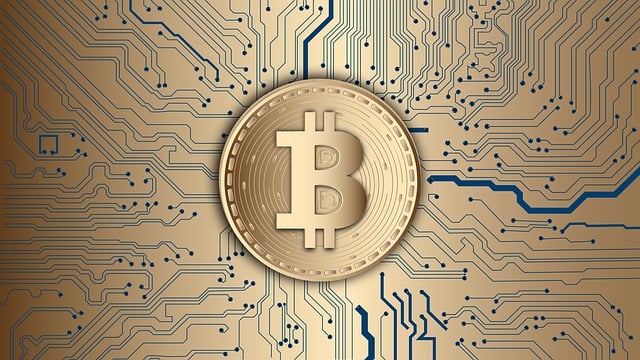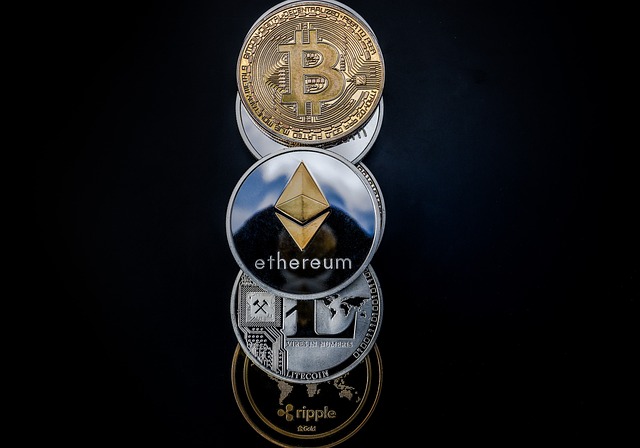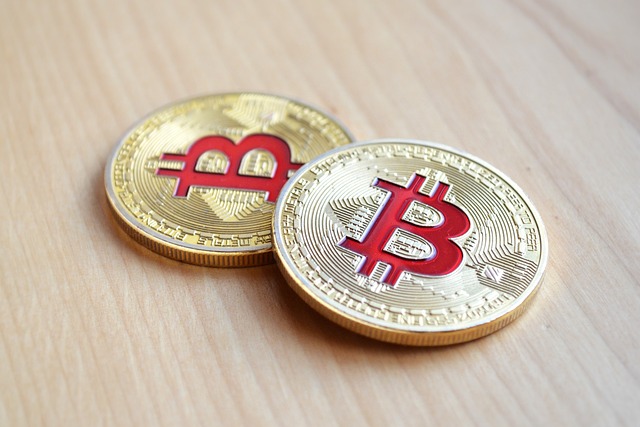Decentralized Finance (DeFi), powered by blockchain technology, is revolutionizing traditional financial systems by offering a more inclusive, transparent, and efficient alternative. By removing intermediaries like banks, DeFi gives users direct control over their assets, promising to open global markets and investment opportunities. Its potential impact includes enhanced security via smart contracts, distributed ledgers, and the elimination of high fees, centralized control, and fraud common in traditional finance. This approach has the power to reshape global economic interactions, fostering a more robust network, particularly in regions with underdeveloped banking infrastructure. However, DeFi faces challenges like regulatory uncertainty and complex user experiences, which require collaborative efforts to overcome and fully realize its potential impact.
“Decentralized finance (DeFi) is revolutionizing global financial landscapes, challenging traditional banking models. This article explores the profound potential impact of DeFi on a global scale, delving into its transformative nature and innovative applications. We’ll examine how this decentralized approach offers unprecedented access to financial services, fosters economic inclusion, and disrupts established institutions. Additionally, we’ll navigate the challenges, ensuring a future-proof perspective for DeFi’s continued growth and its significant economic implications.”
- Understanding Decentralized Finance (DeFi) and its Revolution
- The Potential Economic Impact of DeFi: A Global Perspective
- Navigating the Challenges and Embracing the Future of DeFi
Understanding Decentralized Finance (DeFi) and its Revolution

Decentralized Finance, or DeFi, represents a revolutionary shift in the traditional financial landscape. By leveraging blockchain technology, DeFi aims to create a more inclusive and transparent financial system, eliminating the need for intermediaries like banks. This innovative concept allows users to have direct control over their assets, fostering a new era of financial freedom. The potential impact of DeFi is immense; it promises to democratize access to various financial services, enabling folks from all walks of life to participate in global markets and earn returns on their investments.
The revolution brought by DeFi is not just about accessibility but also efficiency and security. Traditional financial systems often face challenges related to high fees, centralized control, and potential hacks or frauds. DeFi aims to mitigate these issues by utilizing smart contracts and distributed ledgers, ensuring secure transactions and immutability of records. This decentralized approach has the power to reshape how we interact with finance, fostering a more robust and resilient global economic network.
The Potential Economic Impact of DeFi: A Global Perspective

Decentralized finance (DeFi) has the potential to significantly reshape global economic landscapes by democratizing access to financial services and products. Traditional financial systems often exclude millions of people around the world due to geographical, socio-economic, or regulatory barriers. DeFi, built on blockchain technology, aims to break down these walls by creating open, transparent, and accessible platforms for lending, borrowing, trading, and savings. This shift could lead to increased economic participation and empowerment, particularly in regions with underdeveloped banking infrastructure.
The global perspective reveals a promising future where DeFi can drive economic growth, foster financial inclusion, and reduce the cost of intermediation. By eliminating the need for centralized intermediaries like banks, DeFi platforms enable peer-to-peer interactions, fostering direct connections between lenders and borrowers. This not only lowers transaction costs but also provides individuals and businesses with greater control over their assets. Moreover, DeFi’s borderless nature allows for seamless cross-border transactions, facilitating international trade and investment opportunities, and potentially boosting global economic activity.
Navigating the Challenges and Embracing the Future of DeFi

Navigating the challenges of decentralized finance (DeFi) is crucial for embracing its immense potential and shaping its future. DeFi, as a revolutionary concept, aims to democratize finance by removing intermediaries like banks. However, it faces various hurdles, including regulatory uncertainty, security concerns, and complexities in user experience. These challenges require collaborative efforts from developers, regulators, and the wider crypto community.
By addressing these issues, DeFi has the potential to impact traditional financial systems significantly. It promises greater accessibility, transparency, and efficiency in managing finances. As DeFi continues to evolve, we can expect innovative applications that leverage blockchain technology to foster a more inclusive global financial landscape. Embracing this future means staying informed, fostering dialogue, and supporting the development of robust security measures to ensure DeFi’s benefits are accessible to all.
Decentralized finance (DeFi) is reshaping the global economic landscape, offering unprecedented access to financial services for people worldwide. As we’ve explored, DeFi has the potential to democratize wealth, enhance financial inclusion, and disrupt traditional banking models. While challenges remain, such as regulatory clarity and security concerns, the future of DeFi looks promising. Embracing this innovative technology could lead to a more inclusive, transparent, and efficient financial system for all.
